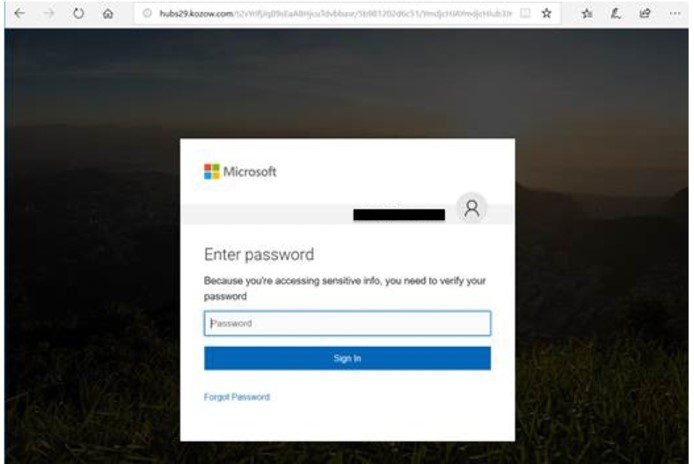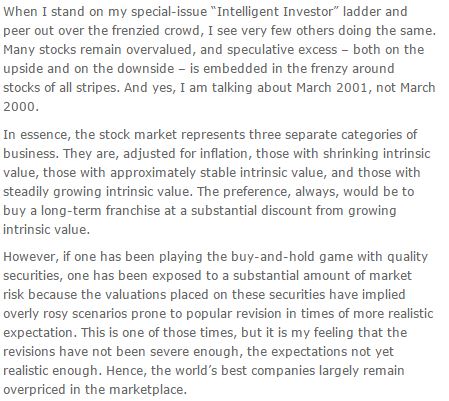EBay Listings For Banned Chemicals: Section 230 Protection Challenged

Table of Contents
The Growing Problem of Banned Chemicals on eBay
The ease of online transactions has unfortunately made it simpler for banned chemicals to be bought and sold illegally on platforms like eBay. The prevalence of these listings presents a clear and present danger to public health and safety. While precise statistics on seizures are difficult to obtain due to the clandestine nature of these operations, anecdotal evidence and reports from regulatory agencies suggest a concerning trend. For example, news reports frequently highlight seizures of chemicals used in the illegal manufacture of narcotics, explosives, and other harmful substances, originating from online marketplaces.
Specific banned chemicals frequently found on eBay include precursors for methamphetamine production, certain pesticides banned for their toxicity, and restricted industrial solvents. The consequences of this unregulated access are severe:
- Increased accessibility of dangerous chemicals to individuals: Individuals without proper training or safety precautions can easily acquire these substances.
- Potential for misuse in illegal activities: Banned chemicals are essential components in the production of illicit drugs and explosives, posing a significant threat to public security.
- Environmental risks associated with improper disposal: The improper disposal of these chemicals can lead to soil and water contamination, with lasting environmental consequences.
Section 230 and its Application to Online Marketplaces
Section 230 of the Communications Decency Act provides immunity from liability for online platforms for content posted by their users. This protection was intended to foster free speech and the growth of the internet. Online marketplaces like eBay utilize Section 230 as a defense against lawsuits stemming from user-generated content, including the listings of potentially illegal items.
However, the application of Section 230 to the sale of illegal goods is a contentious issue. Arguments against its application in this context center on the idea that actively facilitating illegal sales, rather than simply hosting user-generated content, should negate this protection. Conversely, proponents argue that holding platforms liable for every user action would stifle innovation and free expression.
- Section 230 protects platforms from liability for content posted by users. This is the core principle underpinning the Act.
- Debate around whether actively facilitating illegal sales negates this protection. This is the central legal battleground.
- Legal precedents and ongoing court cases challenging Section 230 in this context. These cases will shape the future application of this crucial legal provision.
eBay's Responsibility and Current Practices
eBay's terms of service explicitly prohibit the sale of restricted and controlled substances. However, the effectiveness of their monitoring and enforcement mechanisms is a subject of ongoing debate and criticism. While eBay employs automated systems to scan listings for keywords associated with banned chemicals, these systems are easily circumvented through clever wording or the use of coded language. Human moderators also play a role, but the sheer volume of listings makes comprehensive oversight extremely challenging.
- eBay's terms of service and their relevance to regulated goods. The terms exist, but their enforcement is questionable.
- eBay's use of automated systems and human moderators. A multi-layered approach, but far from perfect.
- Criticisms of eBay's response to the problem of banned chemical listings. Many argue that eBay's current efforts are insufficient.
The Legal and Ethical Implications
Prosecuting sellers of banned chemicals on eBay presents significant legal hurdles for regulatory bodies. Tracking down anonymous sellers, navigating international jurisdictional complexities, and gathering sufficient evidence to secure convictions are substantial challenges. Furthermore, the ethical implications for eBay and similar online platforms are profound.
- Difficulty in tracking down sellers operating anonymously. The anonymity afforded by online platforms complicates enforcement.
- International jurisdictional complexities. Tracking down sellers across borders adds layers of legal complexity.
- The moral obligation of platforms to protect public safety. The argument that these platforms have a moral, if not legal, duty to prevent the sale of hazardous materials.
Conclusion
The sale of banned chemicals on eBay presents a significant public safety threat. While Section 230 offers some legal protection to online marketplaces, its application in this context is increasingly contested. eBay's responsibility in preventing the sale of these dangerous substances is paramount. The need for stronger regulations, improved platform accountability, and enhanced monitoring systems to combat the sale of banned chemicals on eBay and similar platforms is undeniable. We must demand increased responsibility from online marketplaces to prevent the sale of banned chemicals and strengthen the legal framework to hold them accountable for protecting public safety. Further research into the effectiveness of Section 230 in protecting online marketplaces from liability for the sale of illegal goods is crucial.

Featured Posts
-
 Pope Francis 1936 2024 Champion Of Compassion And Social Justice
Apr 22, 2025
Pope Francis 1936 2024 Champion Of Compassion And Social Justice
Apr 22, 2025 -
 Cassidy Hutchinson Key Witness To Reveal All In Upcoming Memoir
Apr 22, 2025
Cassidy Hutchinson Key Witness To Reveal All In Upcoming Memoir
Apr 22, 2025 -
 Statement On The Passing Of Pope Francis At 88
Apr 22, 2025
Statement On The Passing Of Pope Francis At 88
Apr 22, 2025 -
 Review Razer Blade 16 2025 Ultra Performance In An Ultra Thin Design
Apr 22, 2025
Review Razer Blade 16 2025 Ultra Performance In An Ultra Thin Design
Apr 22, 2025 -
 Cybercriminal Made Millions Targeting Executive Office365 Accounts
Apr 22, 2025
Cybercriminal Made Millions Targeting Executive Office365 Accounts
Apr 22, 2025
Latest Posts
-
 Stock Market Valuation Concerns Bof A Offers Reassurance To Investors
May 10, 2025
Stock Market Valuation Concerns Bof A Offers Reassurance To Investors
May 10, 2025 -
 Relaxed Regulations Urged Indian Insurers And Bond Forward Contracts
May 10, 2025
Relaxed Regulations Urged Indian Insurers And Bond Forward Contracts
May 10, 2025 -
 Understanding High Stock Market Valuations Bof As Viewpoint
May 10, 2025
Understanding High Stock Market Valuations Bof As Viewpoint
May 10, 2025 -
 Bond Forward Market Indian Insurers Advocate For Simplified Rules
May 10, 2025
Bond Forward Market Indian Insurers Advocate For Simplified Rules
May 10, 2025 -
 Whats App Spyware Litigation Metas 168 Million Loss And The Path Forward
May 10, 2025
Whats App Spyware Litigation Metas 168 Million Loss And The Path Forward
May 10, 2025
